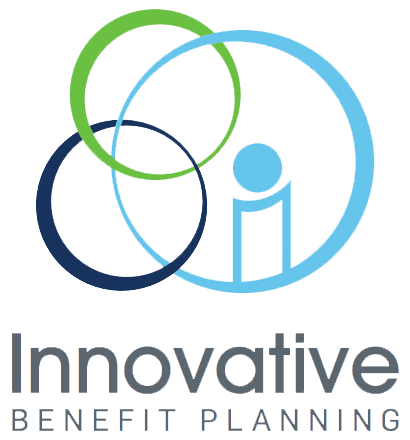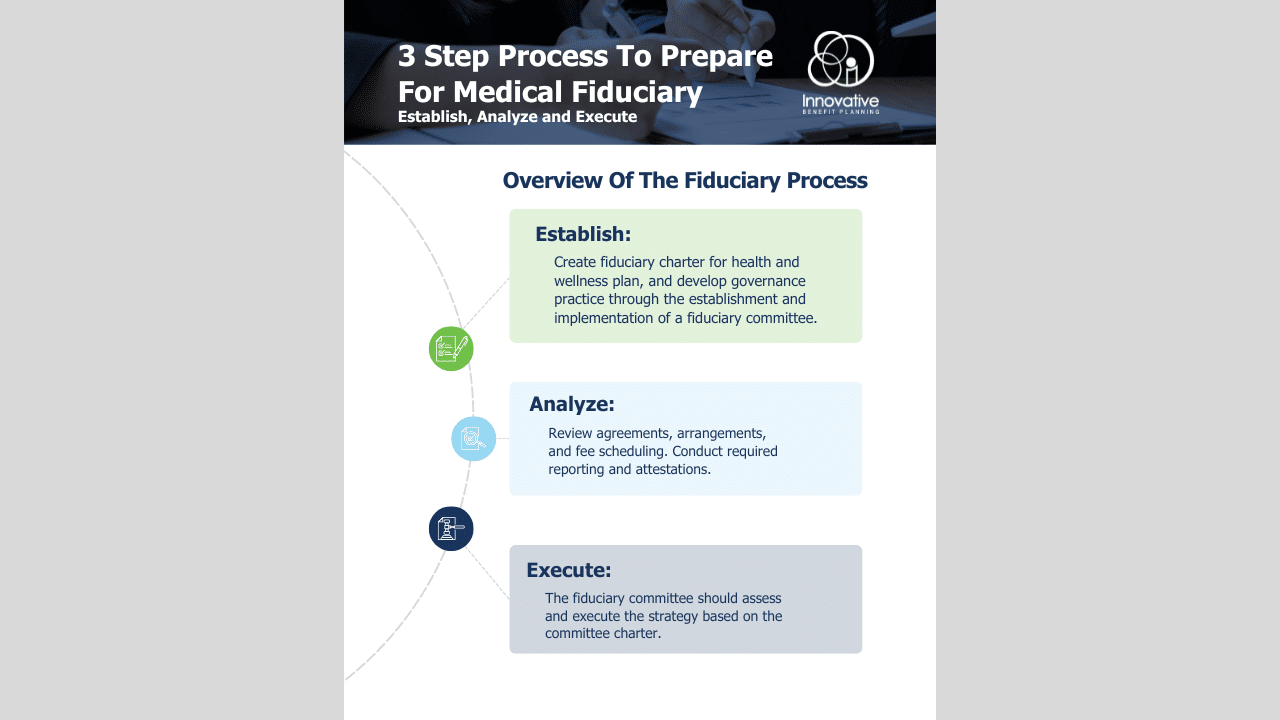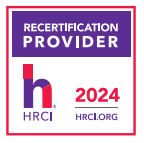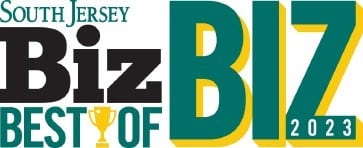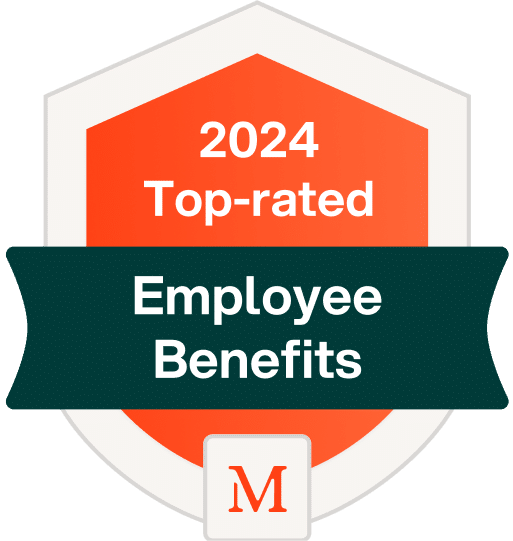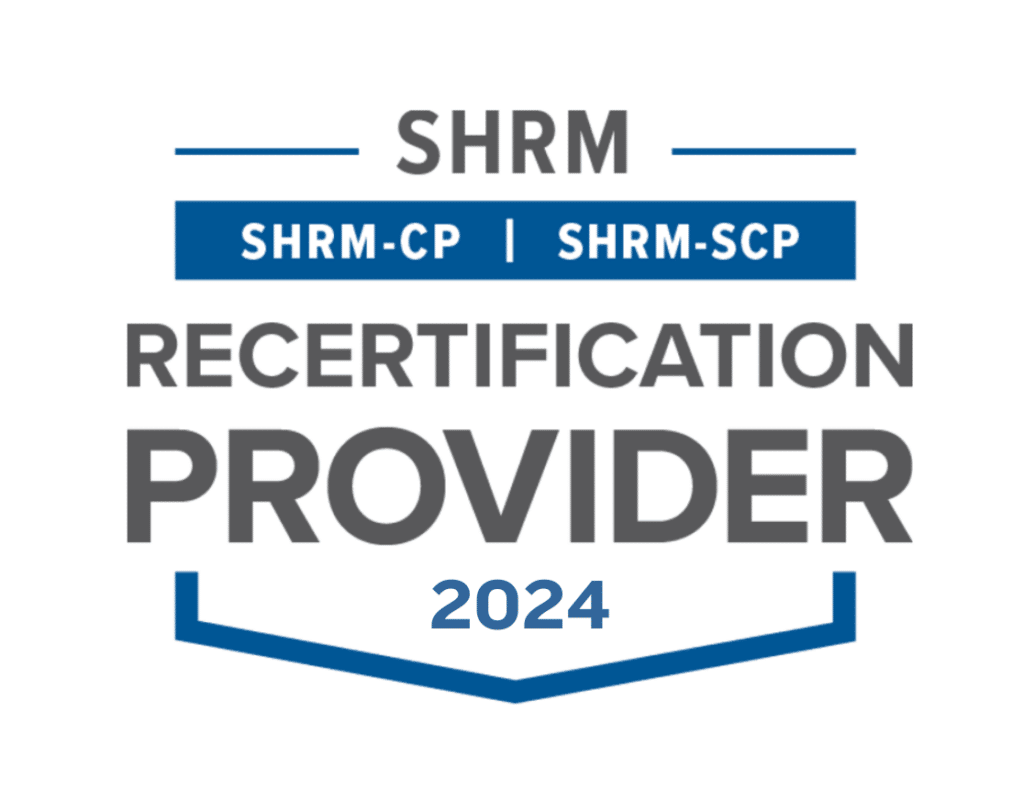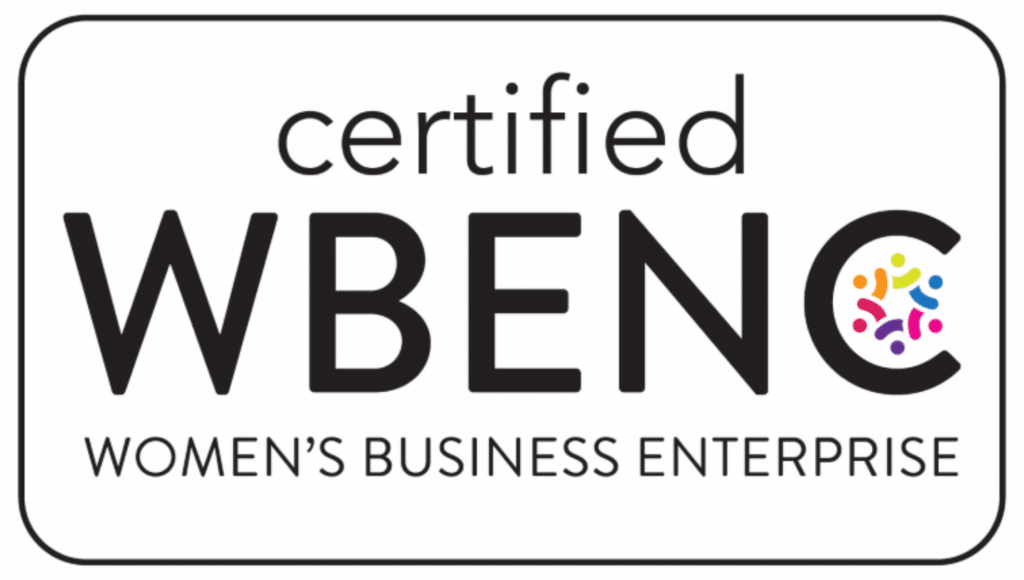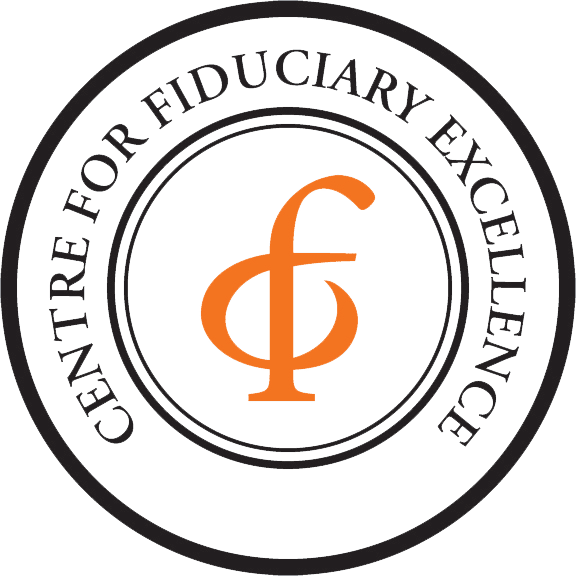As 2021 draws to a close and everyone begins preparing for a new year, employers with qualified retirement plans should review several factors that could affect their plans before moving on to 2022.
The fourth quarter presents a perfect opportunity for plan sponsors to take a snapshot of the year’s activities, review potential impact on their retirement plans, and perhaps make some adjustments. Employers should also revisit corporate activities such as ownership changes, acquisitions, and profit-sharing contributions to understand the potential impact on taxes and plan status – and anticipate how these events may affect their retirement plans in the New Year.
Here are seven topics that are helpful to review prior to yearend:
Remember to take advantage of available tax credits for adding auto-enrollment features to an existing plan or adopting a new plan during 2021. Small employers (up to 100 employees) can get a new tax credit of up to $500 each year for 3 years when their newly adopted plan adds an auto-enrollment feature, or when they convert an existing plan to auto-enrollment. This credit is in addition to the increased plan startup credit, where the former ceiling of $500 can now go as high as $5,000 depending on eligible participation. Make sure you inform your accountant when you make any of these tax credit-eligible changes.
Understand how changes in ownership can impact your plan for the current year and future years. Adding a new partner or selling a percentage of the company could have short- and long-term impact to your plan in areas such as discrimination testing and controlled or affiliated service group status.
Consider how acquisitions and/or divestitures of companies can impact your plan and update your plan document to reflect any changes in adopting employers. Similar to ownership changes, M&A activity that adds or reduces the number of employees in your plan may also impact your retirement plan relating to discrimination testing and other areas.
All 2021 deferrals must be withheld before year-end from W-2 compensation. To maximize 2021 deferrals, W-2 employees must withhold those deferrals prior to 12/31/21. Those who receive a K-1 may not know their final compensation by December 31, 2021. They will need to make an election to defer the maximum, if desired, by year end.
If you are a business owner or principal and plan to make an enhanced employer or profit-sharing contribution for 2021, make sure you consider how your compensation is allocated between your W-2 and K-1, and its impact on your share of any contributions.
If you have part-time employees, make sure you track their hours for 2021 and beyond. Beginning in 2021, the SECURE ACT requires employers that maintain a 401(k) plan must allow an employee who works at least 500 hours for three consecutive years beginning in 2021 (or 1,000 hours in one year) to join the plan beginning in 2024. Not all recordkeeping systems track hours worked, so make sure you plan to collect the necessary data.
Review the recent DOL cybersecurity guidance and document your efforts to comply. In April 2021, the Department of Labor announced new cybersecurity guidance for plan sponsors relating to their service providers. (https://www.dol.gov/agencies/ebsa/key-topics/retirement-benefits/cybersecurity). The guidance covers such considerations as hiring a service provider, cybersecurity best practices, and online security suggestions.
The end of the year is an ideal time for plan sponsors to review their qualified retirement plans to avoid unforeseen surprises in 2022 and beyond, as well as to raise awareness of how organizational changes can affect those plans. If your company would benefit from a comprehensive review of your retirement plan or simply help with the topics discussed above, please feel free to contact Innovative Investment Fiduciaries, LLC for more details.

Checklist: Cyber Security Due Diligence Assessment
As a plan fiduciary, you need to establish a prudent process to understand the cyber security standards and practices of your service providers. Download this questionnaire to help you fulfill your due diligence requirements to document such practices!
